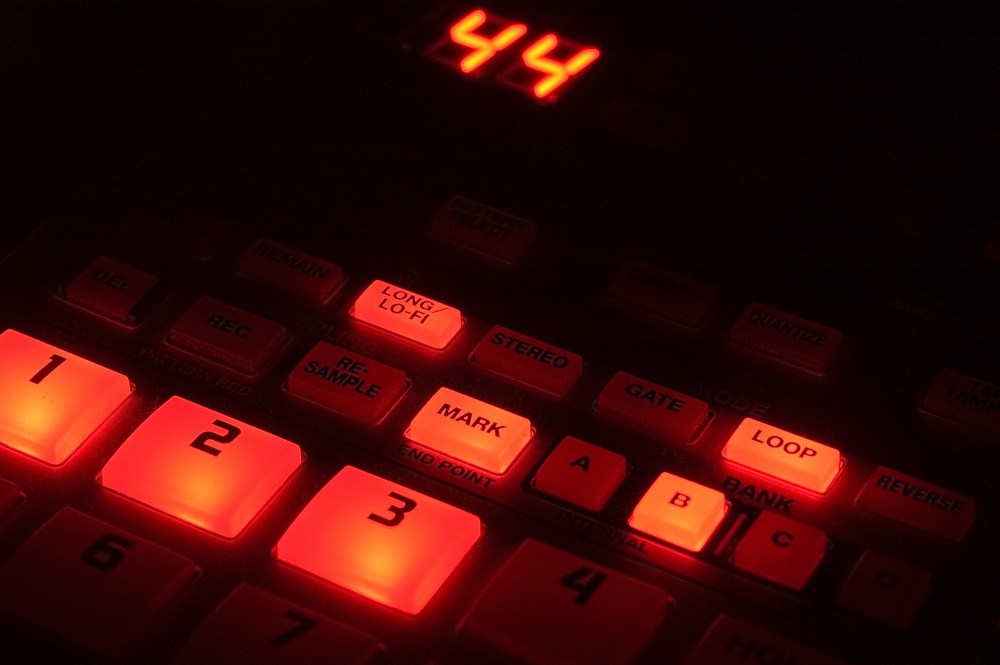‘Sampling’ in musical terms is taking a piece of another artist’ work and using it in your own song. It applies to both the recording and the composition embedded in the recording, so you cannot use either without the express permission of the original copyright holder (In most cases this is the record label and publisher). Unless a licence is granted for the use of the sampled artist’ work, it is considered and infringement of copyright and you will get into major trouble and even get legal action brought against you if you use anyone’s work without considering the fact that they own the original body of work.

When approaching a Record label or Publisher to obtain a clearance, give information about your planned releases e.g. label the song will be released on and how many copies will be pressed. Record company or publisher may say yes; ultimate decision is sometimes up to the musicians if they have reserved the right to approve usages. The buck can easily stop here, as the owner is entitled to refuse permission on any grounds. The artist can also refuse under Moral Rights legislation, which protects the moral integrity of the work in question.
So let’s say it all goes ahead, and you get permission to use the sample. The next step will be negotiating a fee. This can range from a straight up fee, to royalties and credit, to (if the owner is feeling particularly generous) credit alone.
A small record company may want a flat fee, known as a ‘buy-out’. If you’ve sampled a relatively unknown tune and it’s quite a short release you might end up paying just around £500 but they may build in a condition that another fee is payable if you want to press more records. If sampling from a large label artist, they may want a royalty – usually 1 to 3 per cent. They’ll probably want an advance against that which for a major artist may be several thousand pounds. You may be able to reduce the royalty by paying a larger advance or reduce the advance by offering a larger royalty.
Publishing companies will typically want a royalty but not an advance. For light usage of a minor artist this can be less than 10%. For a larger artist it may be 50% or more.
If your song uses the sample as its backbone, you’re in a bit of a weak bargaining position, as you can imagine. Depending on how famous the original artist is, the more they are likely to demand higher royalties and fees. Be aware of this; that some major artists can demand up to 50% of the royalties made from a song.
The royalties for samples will be deducted from your record sales share of royalties and publishing royalties. You may also have to give up some of your Performer’s Royalties to the people who performed on the record you sampled.
Keep in mind that you cannot clear the underlying composition in a sample by re-recording the sample. If you choose to re-create the use, you still need the publishing clearance. Altering the sample (even to the point of making it unrecognisable) does not get you out of clearing it.
You may be surprised to learn that copyright does indeed have a shelf life. The life of copyright in a recording the UK is 70 years from the date of release, so anything within that period has to be cleared and discussed with the owners or administrators of the music. For compositions, copyright lasts for 70 years from the death of the author (or last remaining author in the case of jointly written work). For unknown authored work, it is 70 years from the end of the calendar year in which the work was created (not from when it was released).
Do not proceed with use until you have obtained clearance in writing from all copyright owners concerned and all clearance terms and conditions agreed. If your request to clear a sample is denied you must remove the sample from your work. To proceed without all necessary clearances in place, even if you cannot find the copyright owner, may well result in action being taken against you for breach of copyright.
Pre-made sample clearance agreements to approach publishers and record labels can be found here. Paying a small fee for these contract outlines saves you doing a lot of the hard work and research yourself. Make a note of how many pressings you are going to make of your CD, and which label your song will be released. Try and gather as much information as possible before you meet to discuss the use of samples in your song.
Image Credit: Jesse Kunerth
